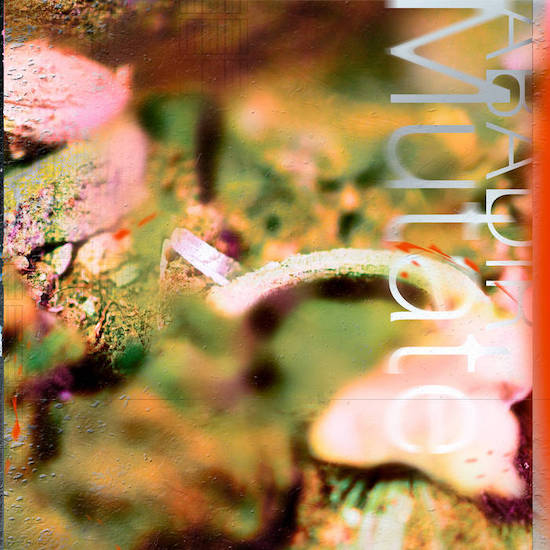Maqsoum is a beat used in many Arabic popular and folk songs. Rami Abadir, who releases music as ABADIR, has known Maqsoum all his life. It was in pop songs on the radio, played at family celebrations and weddings, and people in Egypt drum it spontaneously in the streets. The rhythm is settled deep in his subconsciousness and his identity.
Later in his life, now as an electronic music producer shifting between club sounds and ambient, he intuitively, during one DJ set, meshed Maqsoum with jungle amen breaks and tested the beat on the dancefloor. Without thinking about using this rhythm in his music, “the result was the closest to what I had always imagined to be my own club sound”, as he states in the press release. This is how the idea for Mutate – where ABADIR marries Maqsoum with western electronic music like footwork, jungle, Jersey club or even post-club – was born.
ABADIR is part of the clique of electronic music producers around ZULI from the busy city of Cairo. Some years ago, he abandoned his hated corporate job as a petroleum engineer in Cairo and moved to Berlin, where he enrolled to study the digital media. ABADIR’s 2020 release Liminal thematised the relocation and the leap with intimately nostalgic ambient sounds and subtle piano. On 2021 Pause/Stutter/Uh/Repeat, the producer focused on the barriers in communication. He recorded hours of interviews, dissected them into milliseconds and chopped snippets into glitch beats. ABADIR’s music is deeply concerned with communication, as if he aimed to reach a better understanding through sounds.
Albums like these found praise and helped to build Abadir a reputation. But still, any traces of musical elements from the Arabic region were primarily absent from ABADIR’s music, partly to avoid any possible orientalism in Western audiences’ perception of his music. This changes with Mutate, which opens a new chapter for him as an artist.
‘Blame it on SUTRA’ is a dancefloor banger based around a sample of melody from a song by Algerian singer Warda Al-Jazairia. ABADIR uses a panoply of Arabic rhythmic instruments overclocked to 160 bpm, as in ‘Irreversible’, one of this release’s most compelling tracks. Elsewhere you will hear chopped sounds of traditional hand drums called “riq” or “sagat” brass finger cymbals. The album’s title track, ‘Mutate’, features a heavily manipulated string section from a 1950s Moroccan ensemble mixed with junglist shouts, “I think it’s time to make the floor burn”.
ABADIR’s practice on Mutate resembles the style of fellow Palestinian producer and rapper Julmud, who on this year’s album Tuquoos employs a wide range of styles and samples from the West Bank. Mutate is, in comparison, closer to experimental club music and stands as evidence of ABADIR’s emancipation and self-confidence. The record presents an urgently danceable appeal that any remaining barriers in communication and understanding within club scenes must be torn down.


